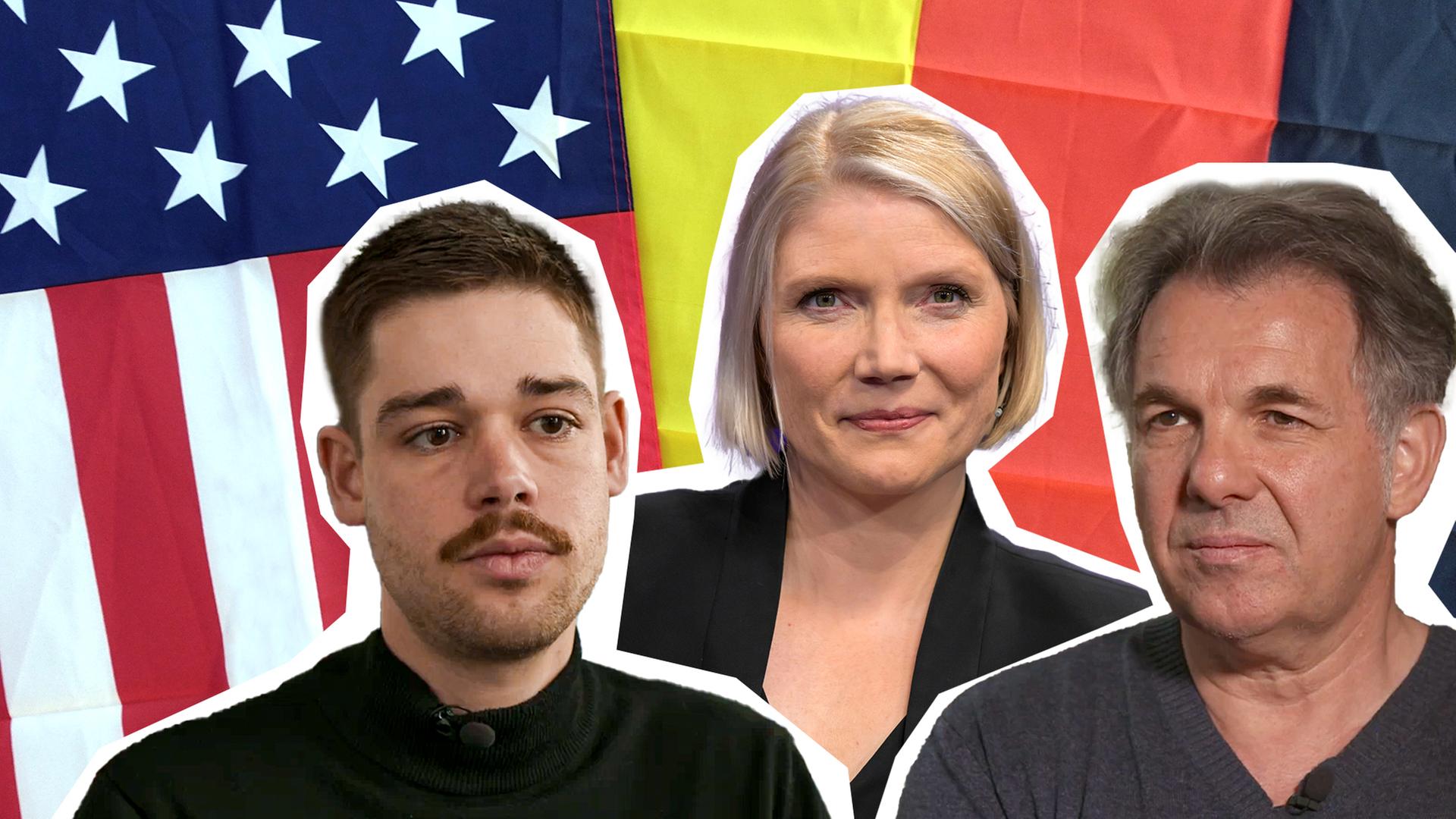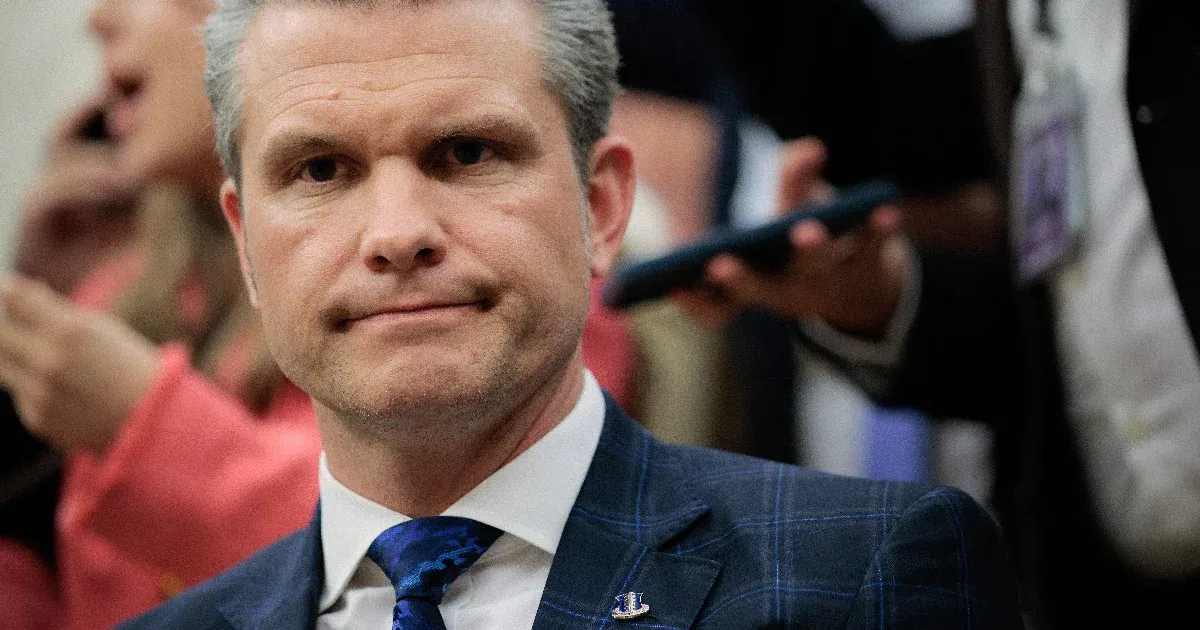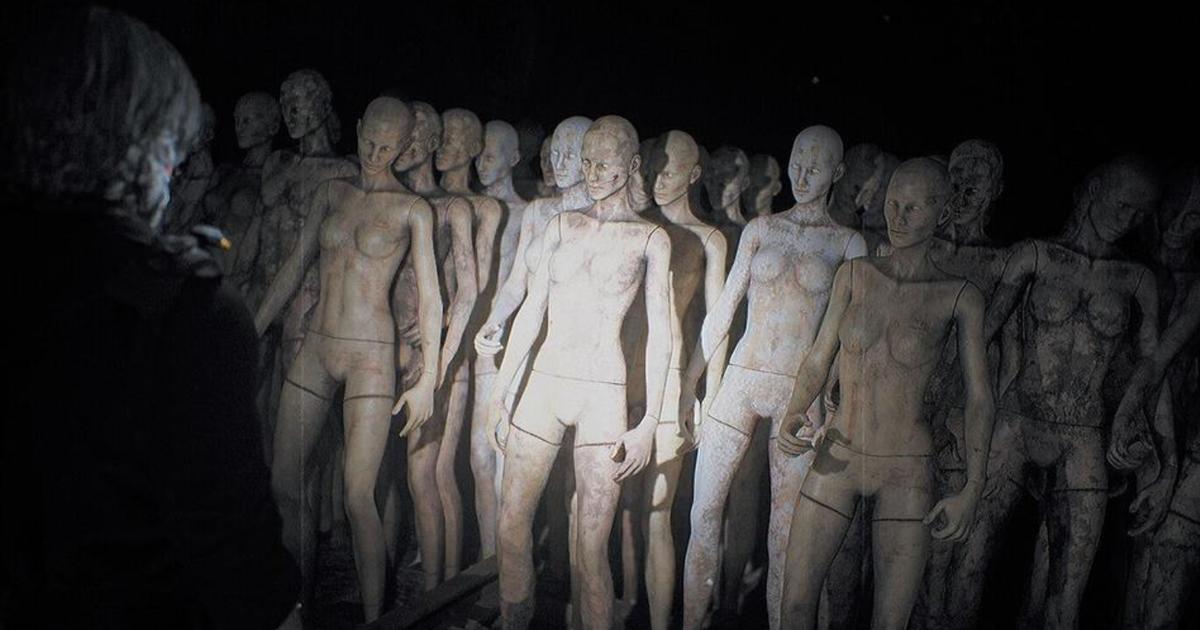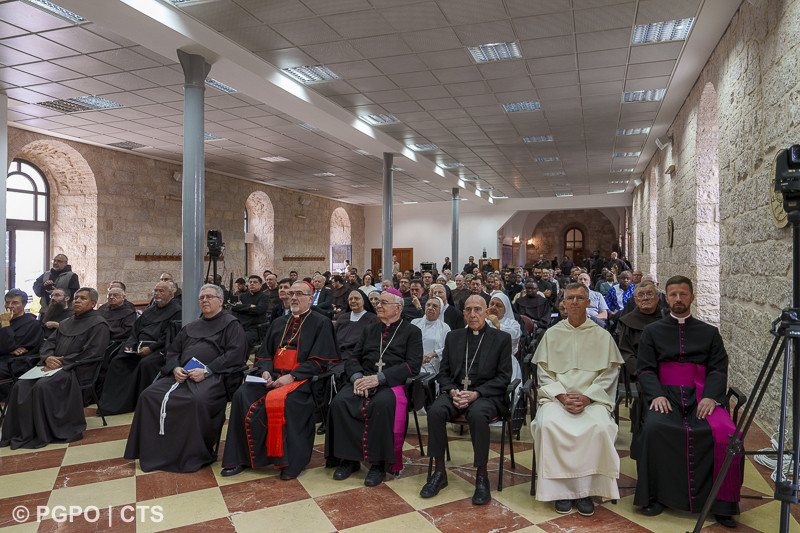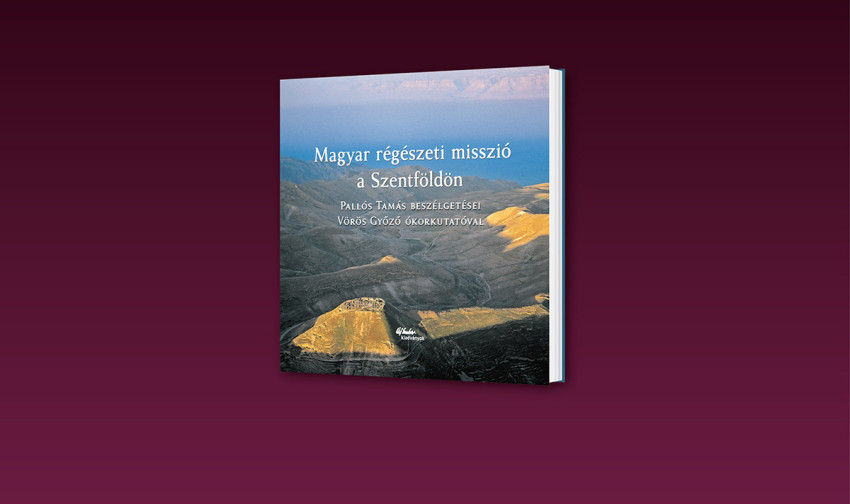Today, the Franciscan Biblical Institute of Jerusalem is a faculty of the Pontifical Antonianum University in Rome (biblical sciences and archaeology), a research center, and contains an important library and museum. At the event held at the Franciscan Custody Center in Szentfold, which was also the end of the series of centenary celebrations, the Dean of the Institute, Rosario Pieri OFM, said: It was not possible to find a more auspicious date for the anniversary celebration than the Day of Remembrance of the Blessed Virgin Mary of Fatima.
The dean revived the conference held in January at the Pontifical Antonianum University in Rome on the occasion of the jubilee, as well as the meeting with Pope Francis at the time. But they considered it important to celebrate the anniversary in the Holy City, Jerusalem, and to share the joy of the anniversary with those who could not travel to Rome.
In his speech, the Custos of the Holy Land, Francesco Patton, emphasized that a hundred years ago, the Custodian “had the courage to begin work related to the study of the Word of God and archaeological research in a truly difficult period.” The Franciscan Bible Institute was founded as part of the Custody, and then developed with it.
Francesco Patton pointed out the sixth. Clement 1342, Gratiam Agemos Bull in which the Pope confirmed the presence of the Franciscans in the Holy Land. At that time, the Pope asked the monks to do three things: settle in the holy places, offer “sung masses and religious services” there, and become an international community – and this is exactly the reality for the institute’s teachers and students. today.
The coordinator stressed that courage is constantly required “to invest above all in people, because people are the ones who create institutions, not the other way around. It takes courage to invest in everything that allows us to keep pace with the times and look to the future.”
Cardinal Pierbattista Pizzaballa described it as a blessing that enabled him to spend his first ten years in the Holy Land at the Franciscan Clerical Institute, a period of “hiding” that was crucial for his future. “From the love that radiated from the teachers, most of whom had left us, I learned to rely on these stones and love the Holy Scriptures, because love is always contagious,” the Patriarch of Jerusalem said.
At a time when modern science was critically discussing the Holy Places and questioning the historical and theological foundation on which the Church was built, the Franciscan Biblical Institute gradually and patiently worked scientifically to prove what the Church had always believed: that the places, where the Word became flesh and dwelt among us, were not created from During the “developed religious fervor”, they survived as a result of a stable, serious and solid tradition. “Using the tools of modern science, the Franciscan Biblical Institute has linked the Christian faith once and for all to a place, a land and a story,” Pierbattista Pizzaballa said.
At the end of the ceremony, Dean Rosario Pieri presented commemorative medals bearing the centenary emblem, among other things, to the long-time scholar Gioso Voros, who had been a colleague of the Institute for 15 years and had so far been its only secular professor. .
the Hungarian Archaeological Expedition in the Holy Land – Conversations between Tamás Palos and the ancient researcher Gjos Voros amount They can be purchased at the Új Ember Bookstore (Budapest V. District, Ferenciek tere 7–8. Opening hours: Monday to Friday: 9 a.m. – 6 p.m.) or they can be ordered the New human in online book store.
Translated by: Anikko Salontay
Source and photo: Franciscan Custody in Sentvold
Hungarian Post


